We can't find the internet
Attempting to reconnect
Something went wrong!
Hang in there while we get back on track
Phoenix LiveView
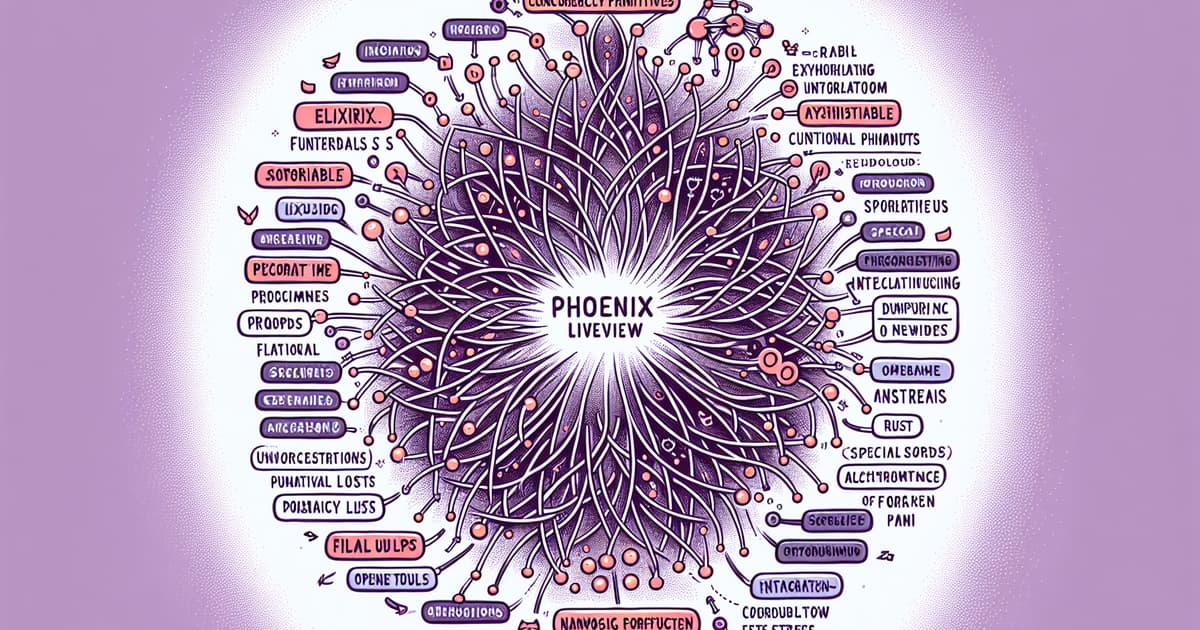
Phoenix LiveView has become a game-changer in the world of web development by providing a seamless way to build interactive, real-time applications without heavy reliance on JavaScript. By leveraging Elixir's concurrency primitives and functional programming paradigms, LiveView enables developers to handle client-server interactions efficiently, offering benefits such as low-latency user experiences and reduced complexity in codebases. Key features include real-time file uploads, dynamic list management using Streams, and integration with powerful tools like SortableJS and OpenAI Chat APIs for enhanced functionality. LiveView also supports seamless integration with static and dynamic HTML elements, providing hooks for custom JavaScript logic, and advanced capabilities such as asynchronous task management and network optimization. Furthermore, its compatibility with tools like Rust and Prometheus ensures that LiveView applications can push performance boundaries while maintaining simplicity and scalability.
One of the standout aspects of LiveView is its ability to leverage the BEAM's soft real-time capabilities, which allows for consistent low-latency responses. This is particularly evident in use cases like real-time search engines, interactive charts, and live video and audio streaming. The LiveView ecosystem continues to evolve with contributions from the community, including tutorials on combining LiveView with contemporary frameworks like Svelte, and innovative projects like building AI-powered components and game development. With ongoing enhancements and community-driven resources, Phoenix LiveView is well-positioned to remain a leading solution for modern, scalable web applications.
Developers have reported significant productivity gains and simplified workflows when using LiveView for scenarios ranging from dynamic form management to complex, data-driven applications. The introduction of features like live_session for organized authorization, asynchronous operations with start_async, and global state management using PubSub further extend its capabilities. LiveView's continuous improvements, driven by its active community and core team, aim to make it even more robust and versatile for various application needs, enabling both seasoned developers and newcomers to harness its full potential.

Creating a Budget Tracking App with Phoenix LiveView
[series] This video introduces building a budget tracking app in Phoenix LiveView, covering key concepts like domain modeling and user data scoping.

Creating Interactive Data Tables using AG Grid with Phoenix LiveView
This article discusses how to integrate AG Grid, a robust JavaScript data grid library, with Phoenix LiveView to build advanced and interactive data tables, offering features like dynamic filtering and column management.
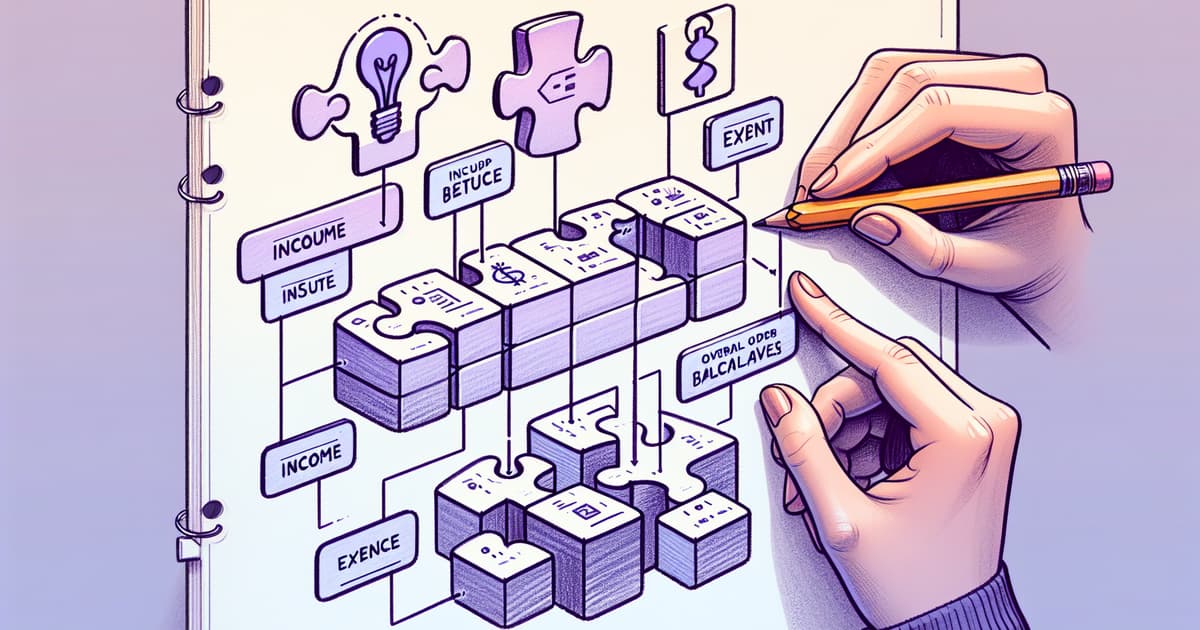
Building a Budget Tracking App with Phoenix LiveView: Episode 0
[series] This video introduces the process of setting up a budget tracking application using Phoenix LiveView, covering project structure and authentication.

How to Add Mapbox Integration to a Phoenix LiveView App
This article discusses integrating Mapbox into a Phoenix LiveView application, highlighting the necessary steps and configurations needed for setting up interactive maps.

Integrating Tooltip Functionality in Phoenix LiveView Applications
Matt Whitworth discusses how to integrate tooltip functionality using tippy.js in Phoenix LiveView, focusing on dynamic content updates reflecting application state.

Using LiveComponents to Set Flash Messages in Phoenix LiveView
The content explains how to set a flash message from a LiveComponent in Phoenix LiveView without navigating. It highlights using message passing to communicate with the parent LiveView.

Elixir Community News: Highlights from Elixir 1.19 and More
The podcast discusses significant updates in the Elixir community, including José Valim's PR for Elixir 1.19, the release of ElixirLS 0.26.0, and the introduction of the DenoRider library.

A Year-Long Journey to Master Elixir
Due to a unique situation, the author is dedicating 2025 to a technical sabbatical focused on mastering Elixir. They plan to set clear proficiency targets and share their learning journey.

Building Passwordless Authentication in Phoenix LiveView with WebAuthn
Owen Bickford discusses the development of the WebauthnComponents library for implementing passwordless authentication in Phoenix LiveView applications, exploring the evolution of authentication methods and the advantages of using passkeys.
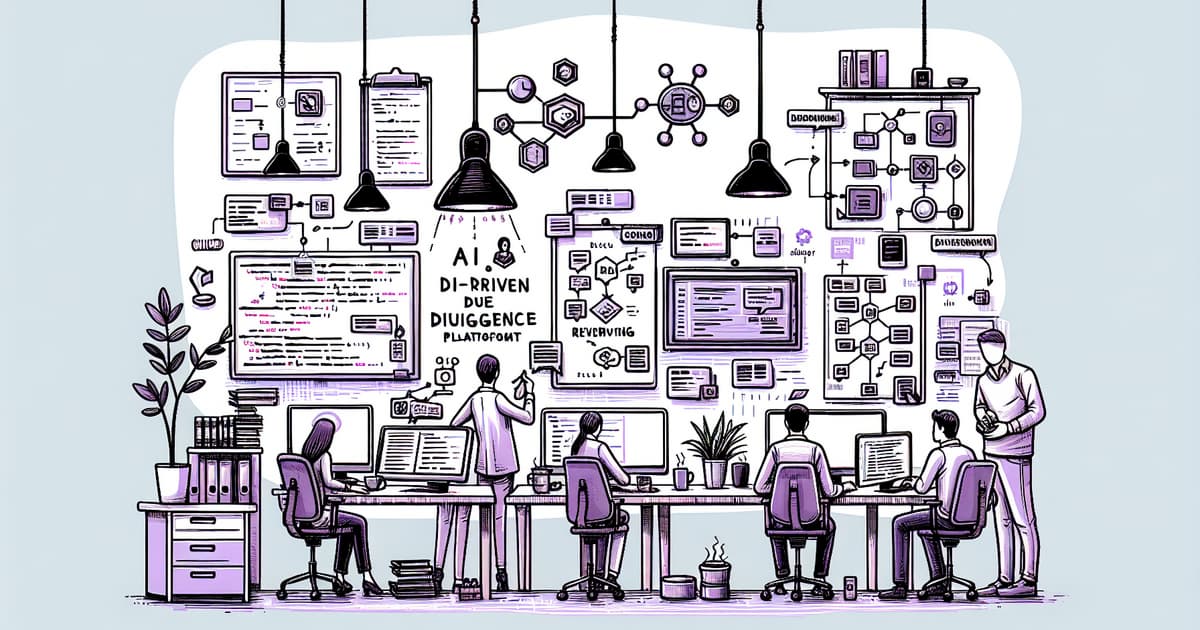
Building an AI-Driven Due Diligence Platform with Elixir
Stephen Solka, CTO and co-founder of Standd.io, discusses the creation of an AI-native platform designed for venture capital firms, focusing on document analysis and workflow streamlining using Elixir and AI.

Building an AI Content Creation Platform with Elixir
Justin Tormey discusses how he built Castmagic, an AI-powered content creation app, using Elixir as the coordination layer.

Simplifying Video Sharing with Phoenix LiveView and FLAME
Alvise Susmel discusses creating a simple video sharing app called Circle using Phoenix LiveView and FLAME, addressing challenges like video size limits and the desire for control over video sharing.
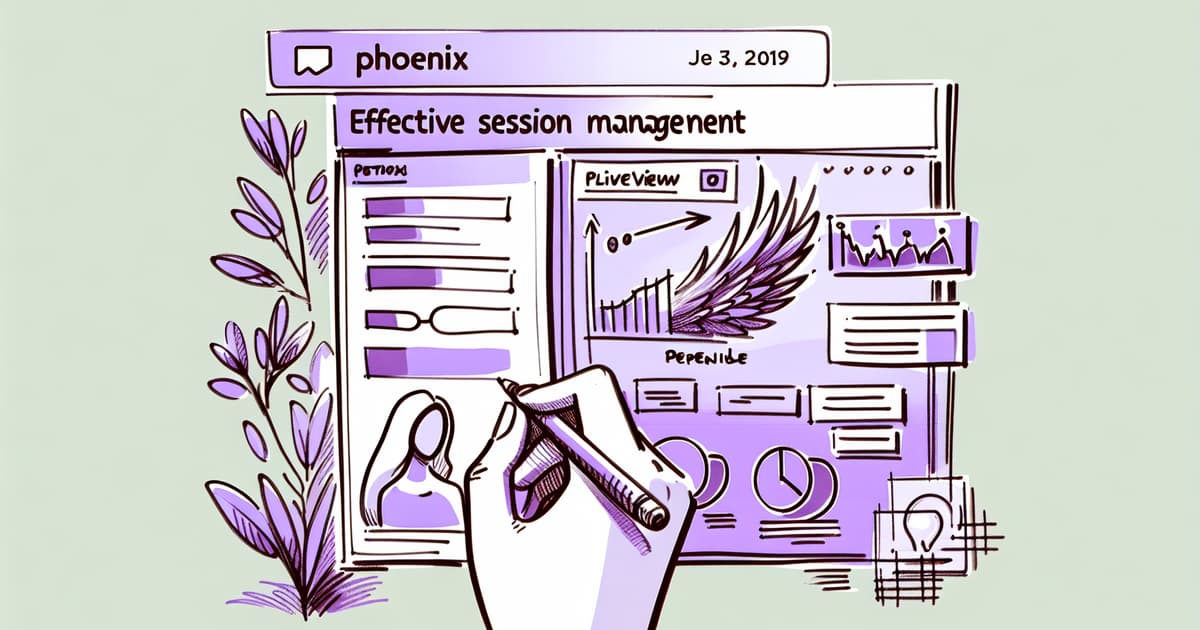
Effective Session Management in Phoenix LiveView Applications
In this article, the author discusses adding a global filter to a Phoenix LiveView application called 'ControlManiac' and the challenges faced in maintaining session data across different views and deployments.
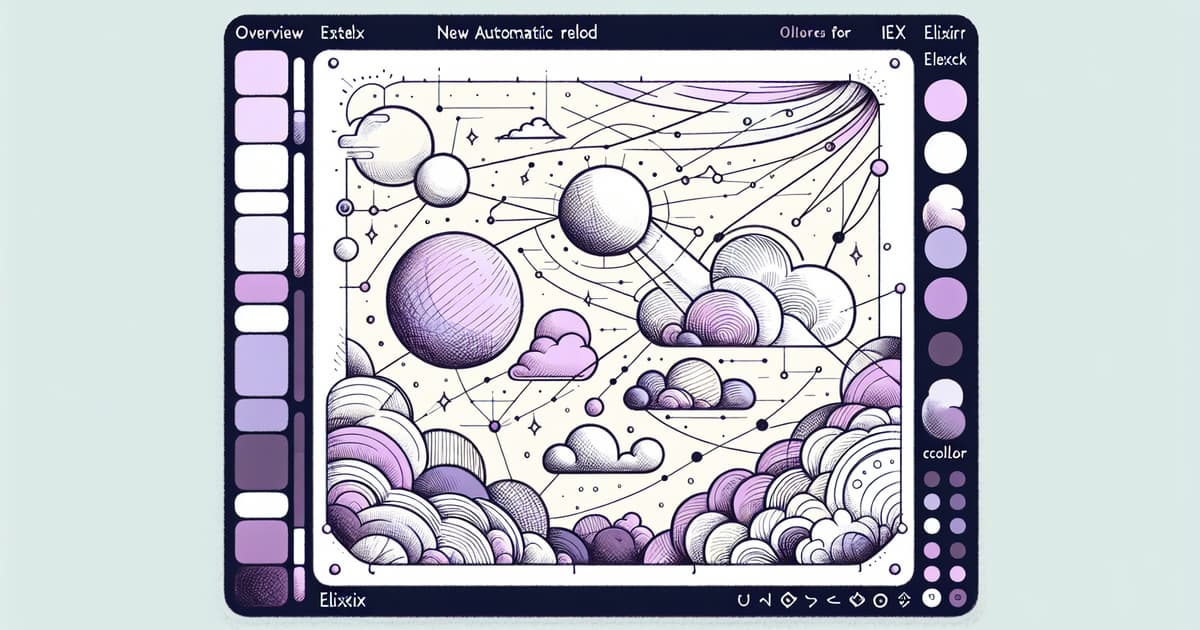
Overview of the new automatic reload feature in IEx for Elixir 1.18
Elixir 1.18 introduces a new feature called :auto_reload for IEx, allowing developers to automatically reload code changes without manual recompilation.

Highlights of Phoenix LiveView 1.0 and Elixir 1.18 Enhancements
This episode discusses the release of Phoenix LiveView 1.0 and the upcoming Elixir 1.18 enhancements including built-in JSON support and ExUnit testing improvements.

Latest Elixir Community Updates and Innovations
News includes updates on projects such as 'The Soul of Erlang and Elixir', the new Phoenix LiveView RC 8 release, enhancements in ErrorTracker v0.5.0, and the NX MLX backend for efficient machine learning on Apple Silicon.

Exploring New Features and Tools in Elixir Development
This episode covers updates in the Elixir community, including new features in Phoenix LiveView, ErrorTracker enhancements, and a discussion with Gonzalo Rodriguez about Tower, a tool for error management in Elixir.

Overview of the new curly brace syntax in Phoenix LiveView v1.0.0
The article discusses the new curly brace syntax introduced in Phoenix LiveView v1.0.0, highlighting the simplifications and enhancements in development.
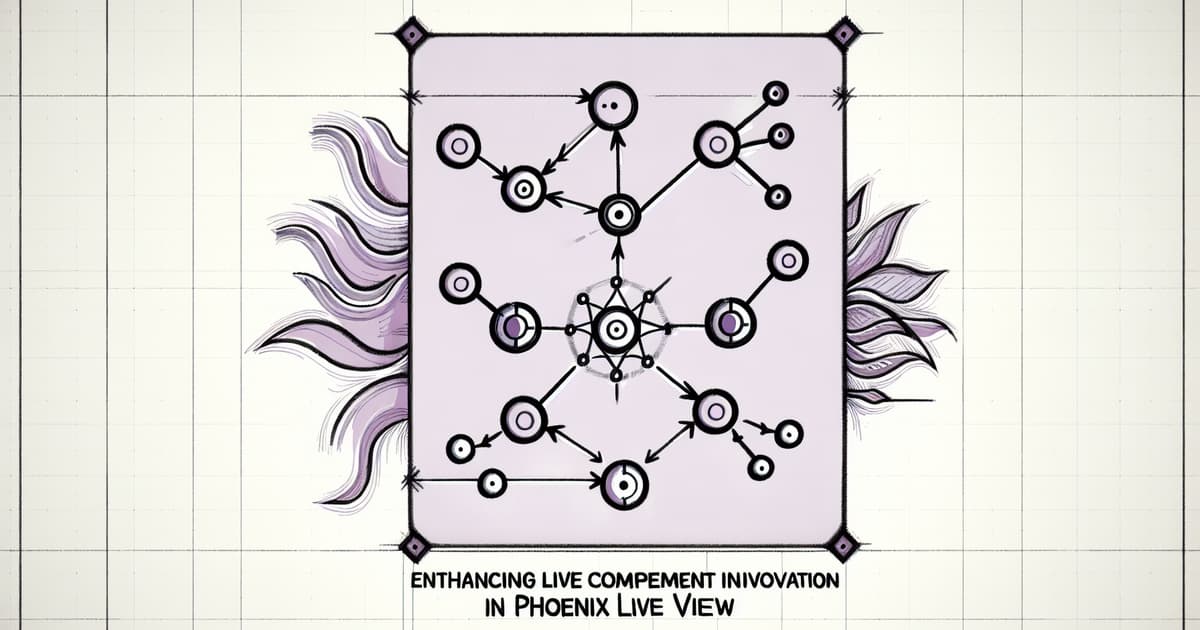
Enhancing Live Component Invocation in Phoenix LiveView
The post discusses the release of Phoenix LiveView 1.0 and highlights improvements in the framework, particularly in simplifying the invocation of live components by proposing solutions to enhance developer ergonomics.
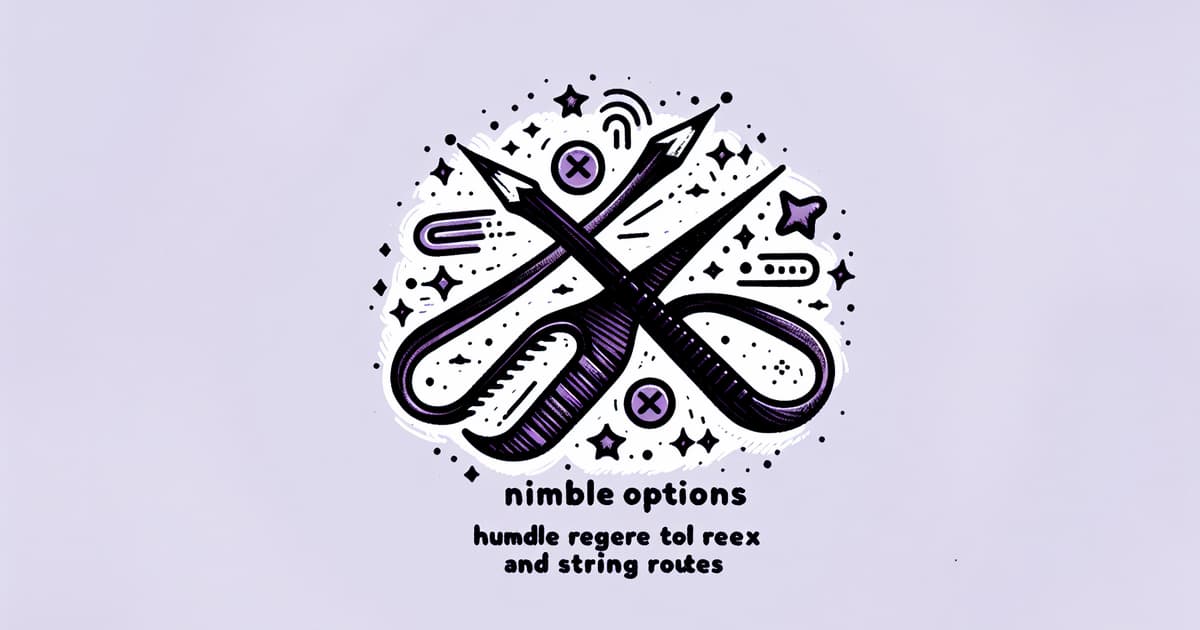
Using NimbleOptions to Handle Regex and String Routes in Phx2ban
This article discusses adding a configuration option in Phx2ban to exclude certain routes from WAF rules, incorporating the use of regex and strings.
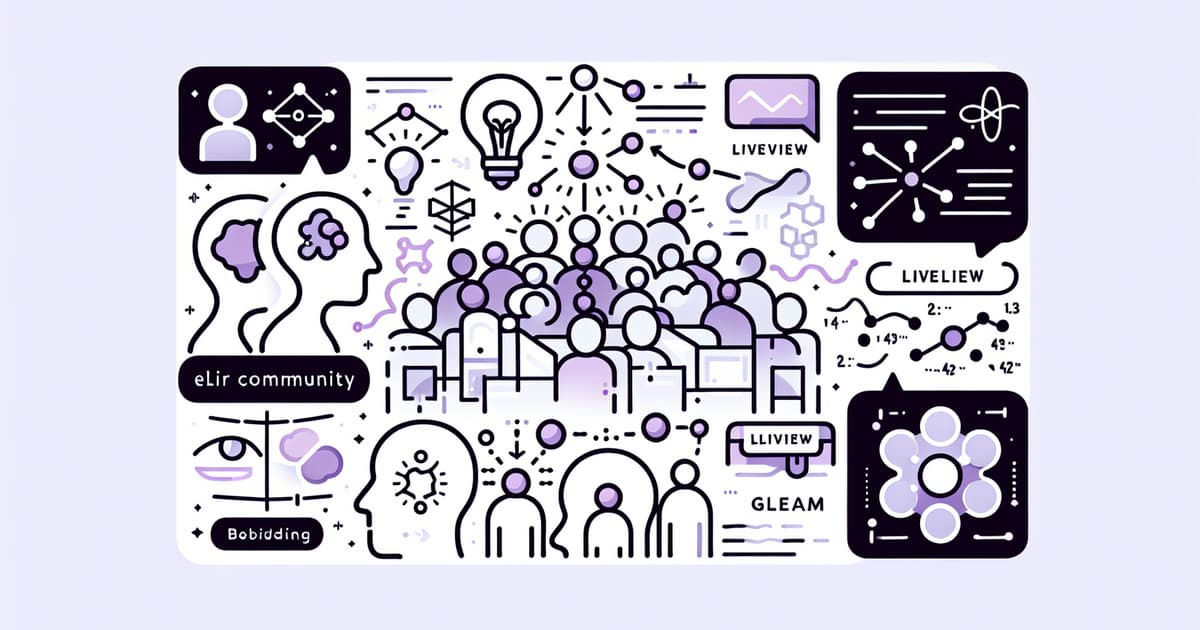
Elixir Community Updates: Kubernetes Debate and Innovations in LiveView and Gleam
Mark Ericksen and David Bernheisel discuss various updates in the Elixir community, including a promising self-hosting experience shared by Parker Selbert, insights from José Valim on the Kubernetes versus Elixir debate, the release of Gleam v1.6.0, and exciting advancements in Phoenix LiveView.

Obtaining User IP Addresses in Phoenix LiveView Applications
Florian Arens explains how to reliably retrieve user IP addresses in Phoenix LiveView, especially when behind a reverse proxy.

Integrating Phoenix LiveView with JavaScript Libraries for Real-Time Rendering
Matt Whitworth explores how to integrate Phoenix LiveView with JavaScript libraries that render to the DOM, focusing on hooks and push_event for bi-directional communication.

Developing an Offline-First LiveView PWA with Tony Dang
In this episode, Tony Dang discusses creating a local-first, offline-ready to-do app using Phoenix LiveView, Svelte, and CRDTs.

Simplifying Component Testing with LiveIsolatedComponent
Sergio Arbeo discusses the challenges of testing components in Phoenix LiveView and introduces the LiveIsolatedComponent library as a solution for effortless component testing in isolation.

Introduction to Beacon v0.1 and Its Prospects
Leandro Pereira discusses the launch of Beacon v0.1, a new Phoenix LiveView-based content management system, and its future development plans.

Creating an Interactive Select Component with Phoenix LiveView and JavaScript
In this article, Aurélien Martin demonstrates how to build a custom interactive select input component using Phoenix LiveView and JavaScript. The tutorial covers features such as keyboard navigation, JS-to-LiveView communication, and resolving re-rendering issues.

A Journey Through Implementing Phoenix LiveView in a Customer Service Tool
Phuong Van discusses the transformation of a basic Phoenix application into a crucial customer service tool using LiveView, detailing data migration strategies and project evolution.

Building Real-Time Web Applications with Phoenix LiveView
Dung Tran presents a comprehensive guide on creating real-time web applications using Phoenix LiveView, discussing its benefits and providing a step-by-step tutorial.

Implementing an Audit System in Phoenix LiveView Applications
The author discusses how to implement an auditing system in a Phoenix LiveView application, detailing lifecycle hooks and how to record user actions effectively.

Creating a Native App Using Phoenix LiveView
In this article, the author shares their experience of developing a Phoenix LiveView Native application, detailing the challenges faced during the process, including dependency management and navigating Xcode.

Understanding the Importance of `Live` Suffix in LiveView Modules
Mike Zornek discusses the naming convention for LiveView modules, specifically the importance of appending 'Live' to module names when using live actions in the router.
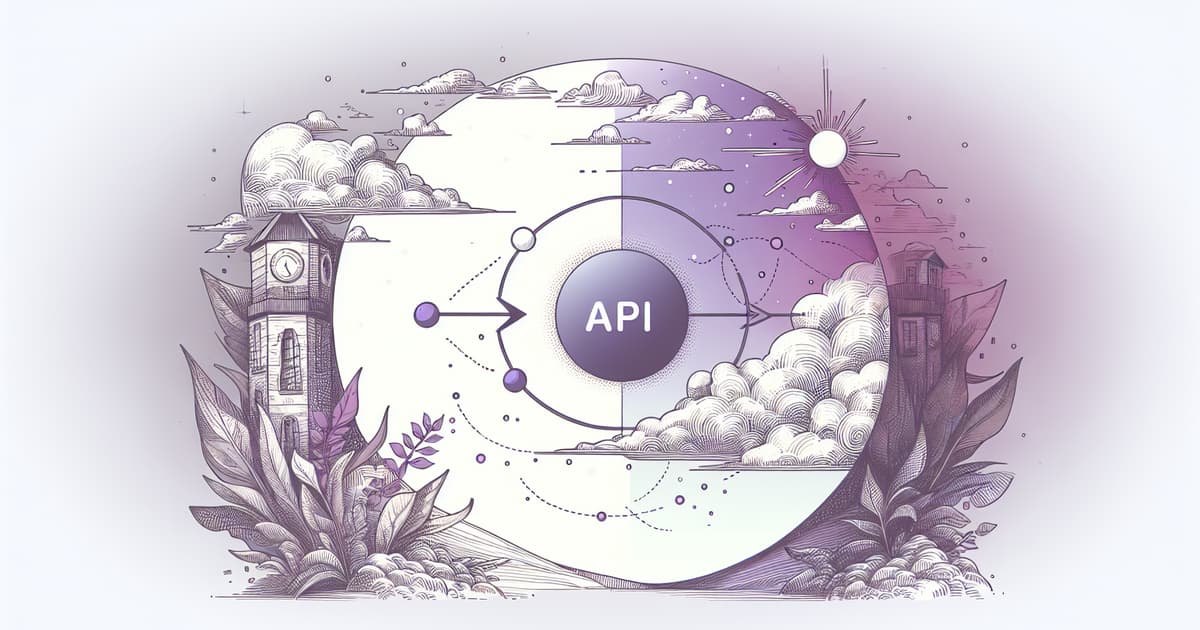
Integrating Web Share API in Phoenix LiveView
Florian Arens explains how to integrate the Web Share API with Phoenix LiveView applications, allowing seamless content sharing.

Exploring AI Integration with Elixir in Modern Applications
Stuart Page discusses the integration of AI, particularly large language models (LLMs), into modern software applications using Elixir and Phoenix LiveView.
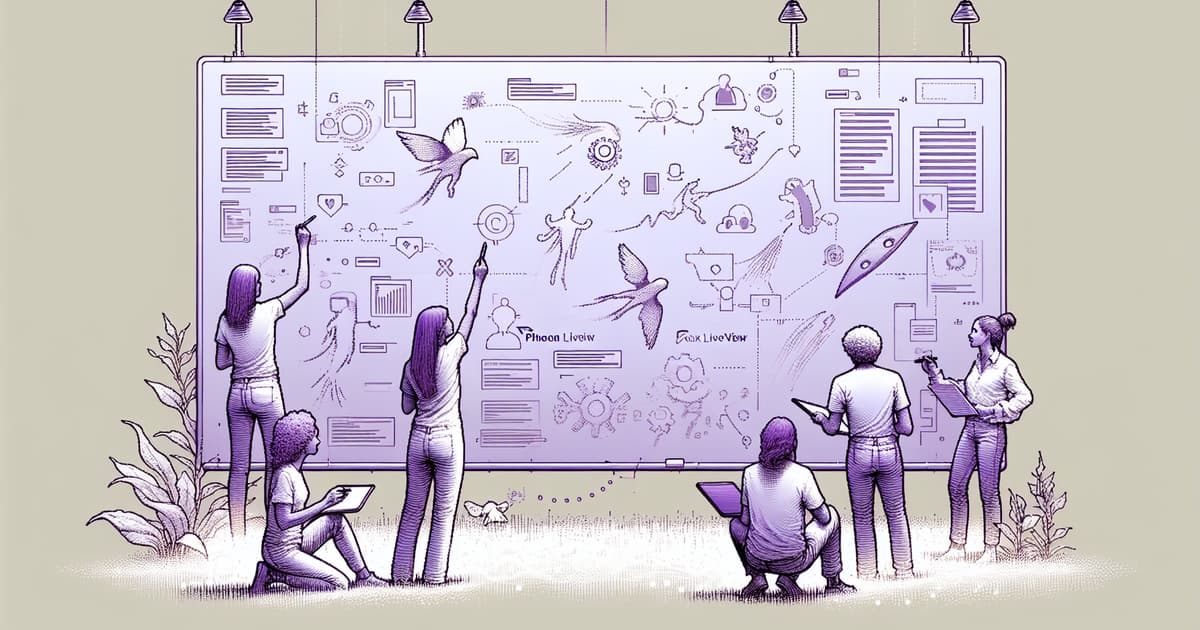
Building a Real-Time Collaborative Whiteboard with Svelte and Phoenix LiveView
Explore how to create interactive, multiplayer web applications using live_svelte in this tutorial. Learn to combine Svelte and Phoenix LiveView to build a real-time collaborative whiteboard.

Understanding Phoenix Channels and Comparisons with Similar Technologies
kero5 is exploring the use of Elixir/Phoenix and Phoenix Liveview for real-time applications. They seek to understand the nuances of Phoenix Channels, compare it with technologies like Golang's websocket libraries and ASPNET's SignalR, and inquire about how Liveview manages websocket connections.

Recommendations for Self-Hosted PaaS for Phoenix Liveview with Postgres
Passing_Gandalf discusses their experience with various self-hosted PaaS solutions for an app built with Phoenix Liveview and Postgres, and seeks recommendations.
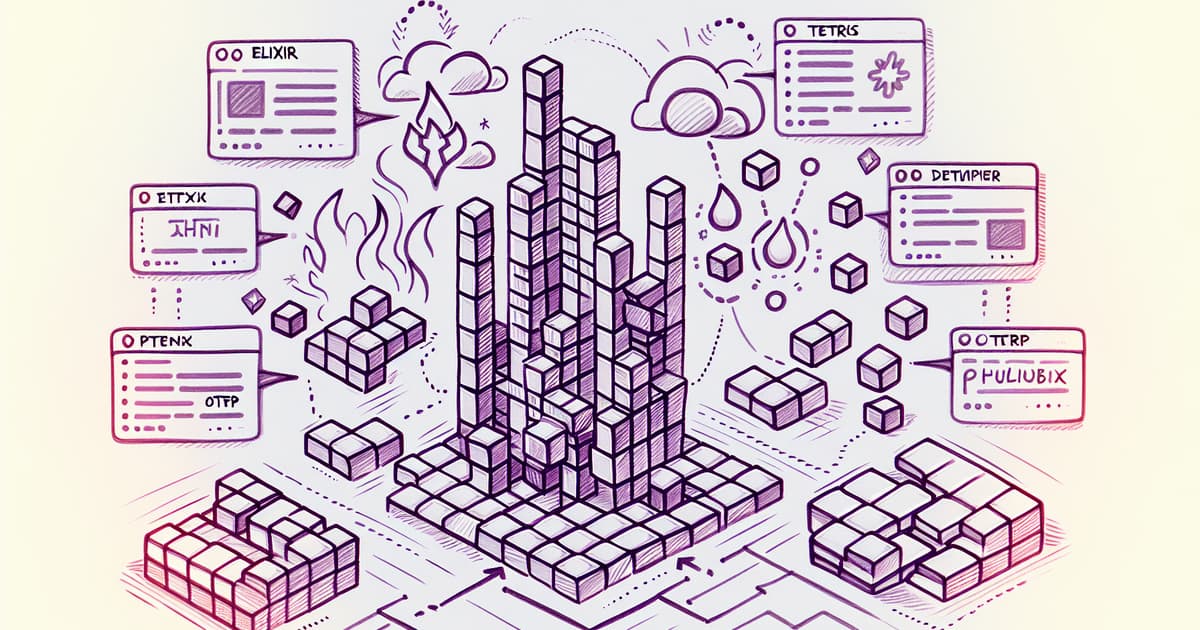
Developing a Multiplayer Tetris Game Using Elixir, OTP, and Phoenix
Merlin Webster discusses the process of developing a multiplayer Tetris game using Elixir, OTP, and Phoenix LiveView at Code BEAM Europe 2023.

Introducing ErrorTracker: A Built-in Elixir Error Reporting and Tracking Tool
Cristian Álvarez Belaustegui discusses the challenges with third-party error reporting tools and introduces ErrorTracker, a self-hosted error tracking solution for Elixir applications.
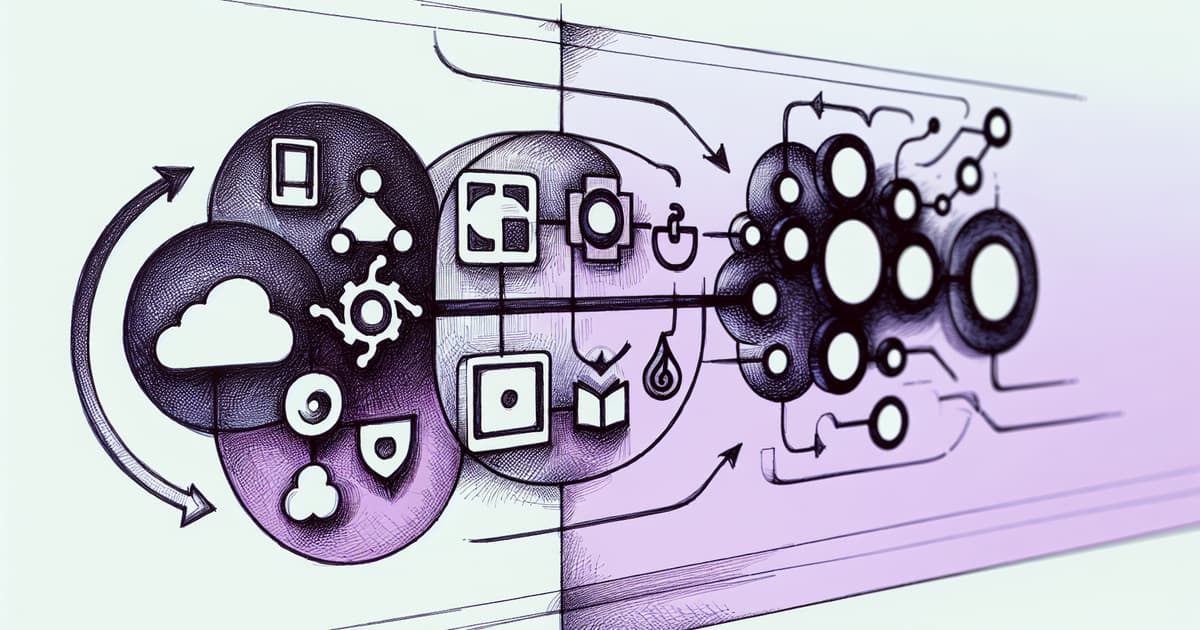
Integrating Google Tag Manager with Phoenix LiveView using lifecycle hooks
Kevin Cote explains how to use Phoenix LiveView lifecycle hooks to send contextual data to Google Tag Manager.
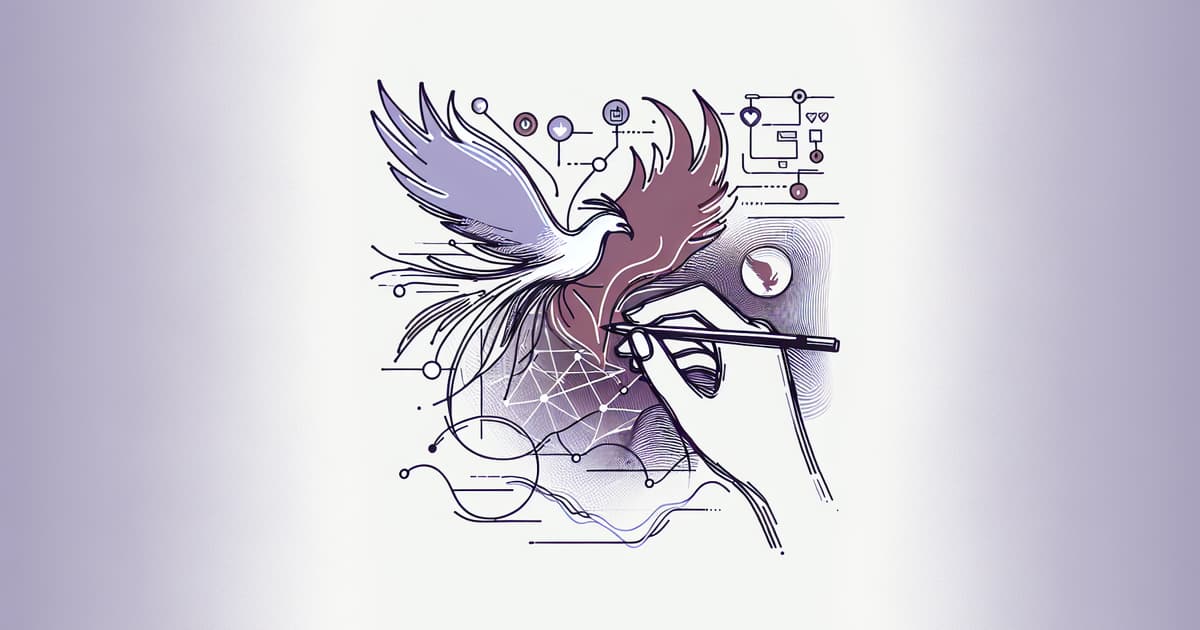
Simulating Network Conditions in Phoenix LiveView Applications
Peter Ullrich discusses how to simulate network conditions like latency, jitter, and package loss in Phoenix LiveView applications to ensure a robust user experience.

Guide to Using Web Workers in Phoenix LiveView
Samrat Man Singh explains how to add and utilize web workers in a Phoenix LiveView project, along with the required configuration changes in esbuild.
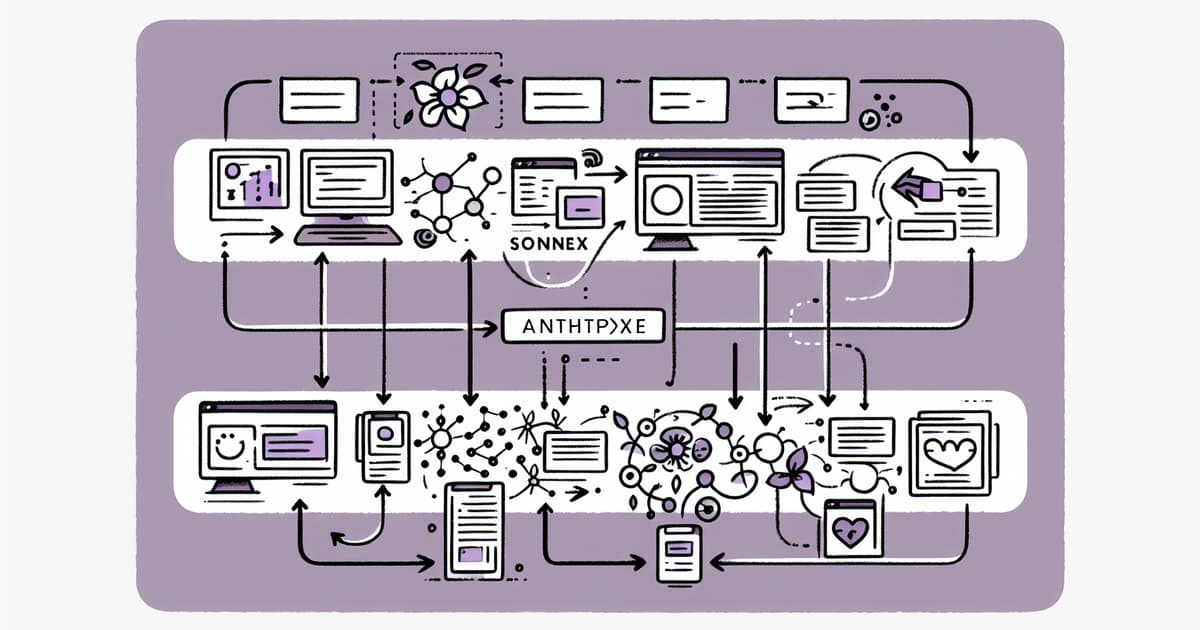
Guide to Integrating Sonnet 3.5 with Phoenix Liveview Using Anthropic API
Ch Virinchi shows how to leverage the Anthropic API to integrate Sonnet 3.5 with Phoenix Liveview, complete with example code and steps to setup.

Implementing Toast Notifications in Phoenix LiveView After Asynchronous Work
Samrat Man Singh explains how to use Phoenix LiveView's start_async and handle_async to show toast notifications during asynchronous tasks.

Understanding Client vs Server Interactions in Phoenix LiveView
Nyakio Muriuki, Software Developer, explores the dynamics of client-side versus server-side interactions within Phoenix LiveView to enhance user experience by reducing latency and optimizing performance.

A tutorial on integrating AppSignal for error tracking in Elixir Phoenix applications.
Aestimo Kirina introduces how to integrate AppSignal with Elixir applications, particularly focusing on error tracking within the Phoenix framework. The tutorial covers prerequisites, integration steps, configuring AppSignal, and instrumenting errors and queries.

Introduction to Elixir: Key Reasons to Choose This Dynamic Language
This article presents an introduction to Elixir, explaining its creation, core strengths, use cases, and features.
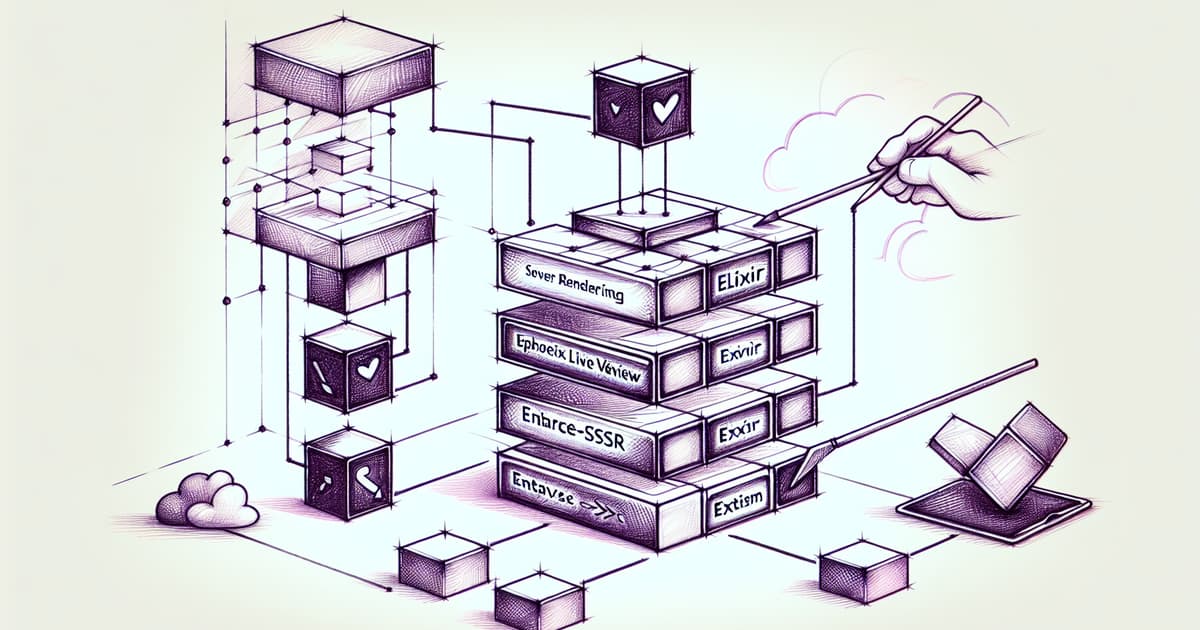
Server Rendering Web Components Using Elixir, Phoenix LiveView, enhance-ssr, and Extism
Ben Patton demonstrates the use of Extism and Refine-wasm to create server-rendered web components with Elixir and Phoenix LiveView.

Integrating WebComponents with Phoenix LiveView
The article delves into using WebComponents within the Phoenix LiveView ecosystem to enhance UI capabilities. It discusses the challenges and benefits of combining server-side rendering with client-side components and offers practical examples and solutions for better integration.

Introducing Backpex: A Customizable Admin Panel for Phoenix LiveView
Florian shares an introduction to Backpex, a tool designed to streamline the creation of admin panels in Phoenix LiveView applications, emphasizing its flexibility and customization.
© HashMerge 2025